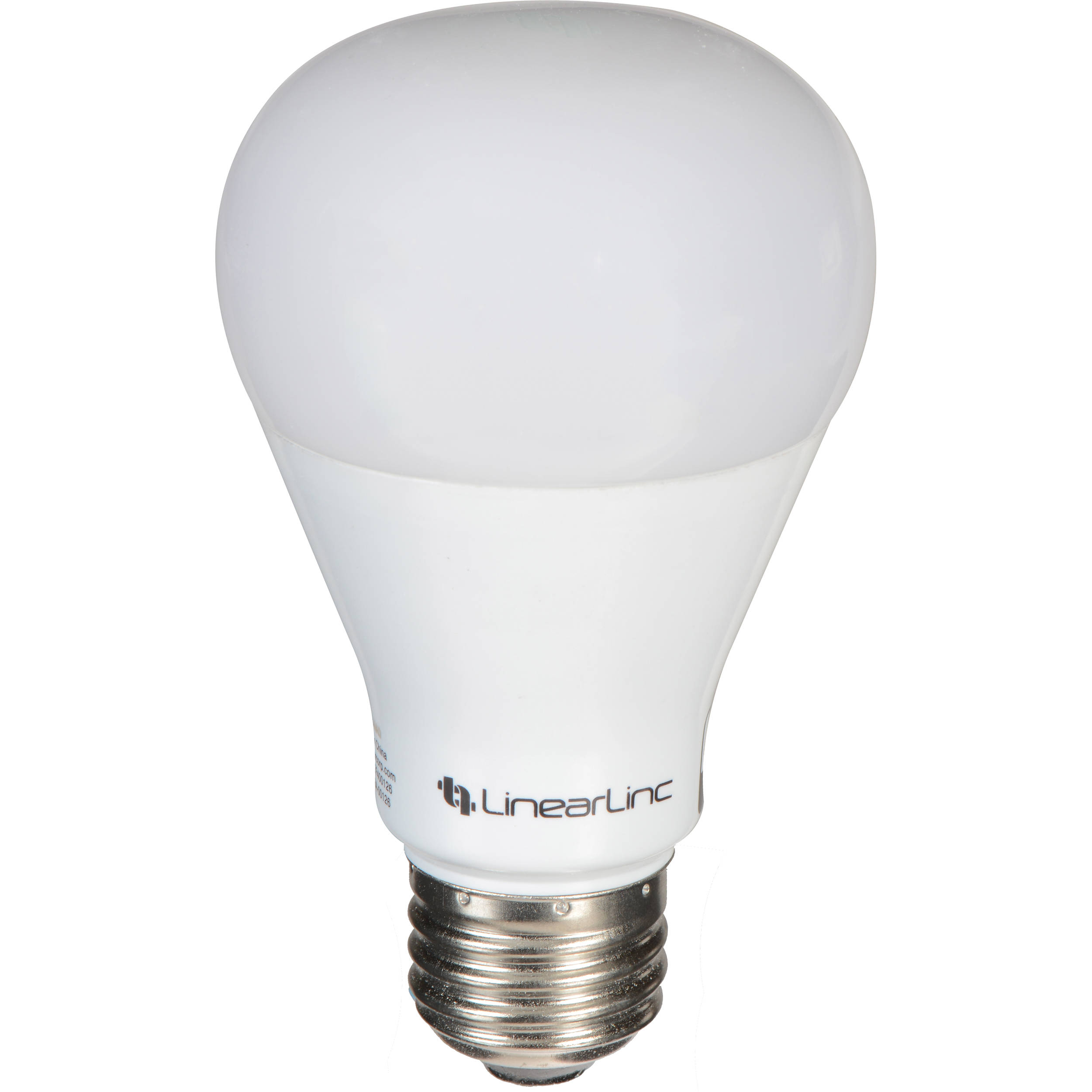152
you are viewing a single comment's thread
view the rest of the comments
view the rest of the comments
this post was submitted on 03 Nov 2023
152 points (91.8% liked)
Asklemmy
53134 readers
429 users here now
A loosely moderated place to ask open-ended questions
If your post meets the following criteria, it's welcome here!
- Open-ended question
- Not offensive: at this point, we do not have the bandwidth to moderate overtly political discussions. Assume best intent and be excellent to each other.
- Not regarding using or support for Lemmy: context, see the list of support communities and tools for finding communities below
- Not ad nauseam inducing: please make sure it is a question that would be new to most members
- An actual topic of discussion
Looking for support?
Looking for a community?
- Lemmyverse: community search
- sub.rehab: maps old subreddits to fediverse options, marks official as such
- !lemmy411@lemmy.ca: a community for finding communities
~Icon~ ~by~ ~@Double_A@discuss.tchncs.de~
founded 6 years ago
MODERATORS

The bulbs generally contain around 10 LEDs arranged in series, so if any one of them fails, the bulb no longer works. Also they are generally not cooled well, and the heat leads to faster failures.
If you have a dead one around, pry it open and you'll likely see some slightly charred or discolored plastic and also one LED with a tiny charred spot.
Seems like it would be easy enough to mitigate both of those problems with basic design improvements, but cheap design causing early failure is sort of a win/win from the mfg perspective.